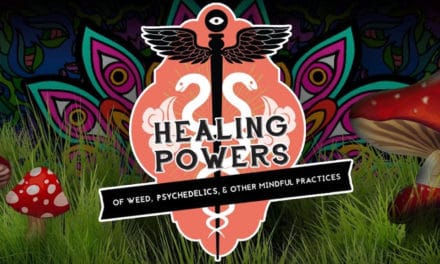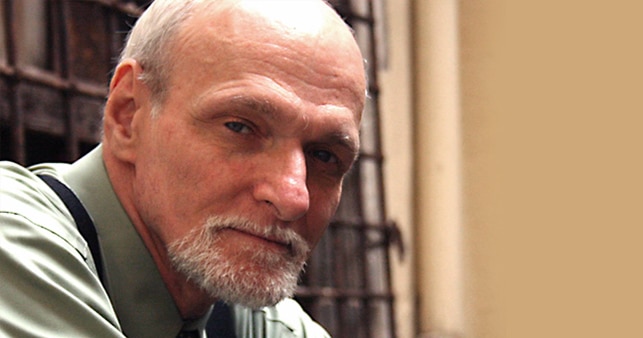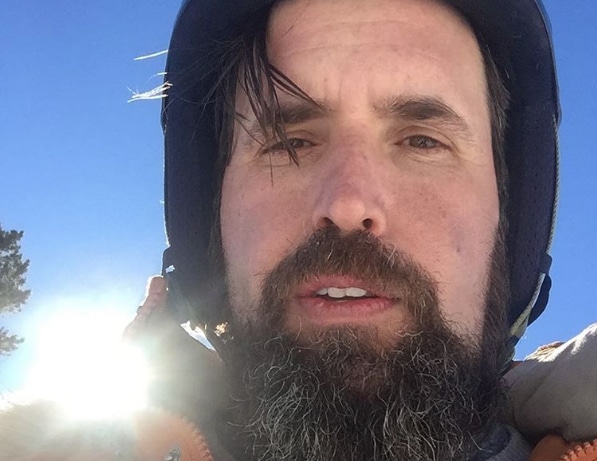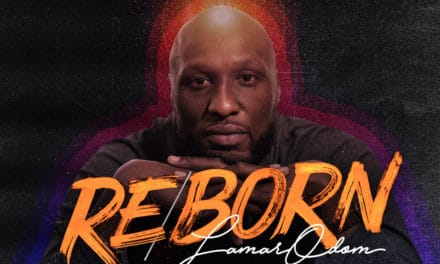
Being True to You founder Deanne Adamson’s experience with ibogaine was a powerful step towards to understanding her inner self and helping others recover from addiction. Source: Flickr User Let Grow Therapy
Deanne Adamson is an addiction recovery coach and founder of Being True to You, a recovery coaching business that specializes in assisting people before, during, and after ibogaine treatment. Being True to You is on the front lines of filling a vital gap in psychedelic treatment, offering a robust support program that can help people integrate their psychedelic treatment experiences and not fall back into old patterns of behavior. In the first part of this two-part interview, we talked with Deanne about her start in addiction recovery coaching, the services she offers, and her perspectives on addiction. In this second part of our interview, we talk about Deanne’s experience with ibogaine and the value of recovery coaching in helping people integrate their ibogaine experiences in a lasting way.
Have you ever undergone an ibogaine experience yourself? If so, what was it like?
Yes. It was exactly a twelve-hour experience from 8:30 PM to 8:30 AM. Once the medicine hit its peak after about three hours, I spent the next five hours in a visionary state. I saw macro and micro visions, particles and atoms and energy, and then I could also see the macro-cosmos and solar system. I saw visions of my childhood, my life, all of my relationships and how I show up in those relationships, how I hurt people, how people have hurt me. I saw wounds from my childhood that I didn’t even know scarred me. The medicine can bring out things that you never even knew bothered you.
Because I had already helped many people before and after their ibogaine treatment, I knew to just surrender to the experience and say yes to it. It was a very powerful experience that I later wrote seven pages about. It’s very dreamlike, so it is difficult to accurately recall.
Did your ibogaine experience enhance or inform the way you support people who undergo ibogaine treatment?
There’s no way to explain the medicine. Being under the effects of ibogaine and feeling the intense pulsation of energy in your body at such a high frequency, combined with the opening of every mental file you have that is shown to you as it is being reorganized, is just such a powerful experience. What I’ve learned is that it’s really easy to see how your mind works under the effects of ibogaine. I was able to hear all the voices in my head and able to see belief structures that I carry. I was able to see my thought patterns and the things that occupy my mind the most often, and then I was able to feel the emotional energy that I have in different relationships. It was like an opportunity to get inside my own brain and see how I am programmed and see my own conditioning. And because of that, I was able to see all the strategies that people can use inside of their experiences to upgrade their mind and life and default reality.
By the end of the night, there’s only one voice. You see the collection of influences you have in your brain, and then you’re left with your one true voice. It literally is that clear. Just one voice at the end that’s strong, firm, knowing, that has learned from all the other voices and listened to their messages, and then integrated them without needing to be subject to their mental noise.
After my experience when I was working with clients, I was better able to prep them by telling them to pay attention to their thought patterns and voices that come up. It was really cool to see the depth of opportunity that a person has in this experience, to truly understand their own automated programming of their brain so they can start to shift it.
Psychedelic treatment experts will often talk about the vital importance of integration after a psychedelic experience. In your view, what is the single most important thing that a recovery coach offers in terms of helping people to integrate an experience with ibogaine for addiction recovery?
Number one is the “conscious conversation.” People carry the answers within them, but if they don’t have a sounding board and unbiased platform to process this information in their cognition, it is very hard to do the work. There are things like journaling and other strategies for people to use, but they typically won’t do that without any accountability. The conscious conversation and the accountability that recovery coaches provide on a daily basis are extremely powerful.
There are a lot of tangible and intangible things a recovery coach does. A recovery coach will help people map out a recovery plan with a growth plan attached. So each day they have a personal management system to see what it is that they are working on, where they are in that process, what they are doing today, and what they have on their agenda to work on tomorrow. This helps people organize their life in the way they want, holds them accountable, and makes sure they acknowledge their success and their progress.
In most situations, the addictive mindset does not acknowledge progress, it only acknowledges what is not working, which keeps people stuck in that loop of addiction. So the coach is also giving this reassurance and keeping a person accurate with their mindset, bringing the truth to the surface. The addictive mindset is always trying to hide the truth and bring back the excuses, the rationalizations, the stories, all the stuff tying them back into their addiction. But when you have that conscious conversation consistently, the person becomes so aware that they just can’t lie to themselves anymore. And through that awareness alone, their whole life changes naturally and organically.
This is the second part of a two-part interview. Read the first part to learn about Deanne Adamson’s start in addiction recovery and the services she offers. If you’re interested in addiction recovery services, you can learn more at Being True to You, by calling 650-690-2088, or sending an email to [email protected].










